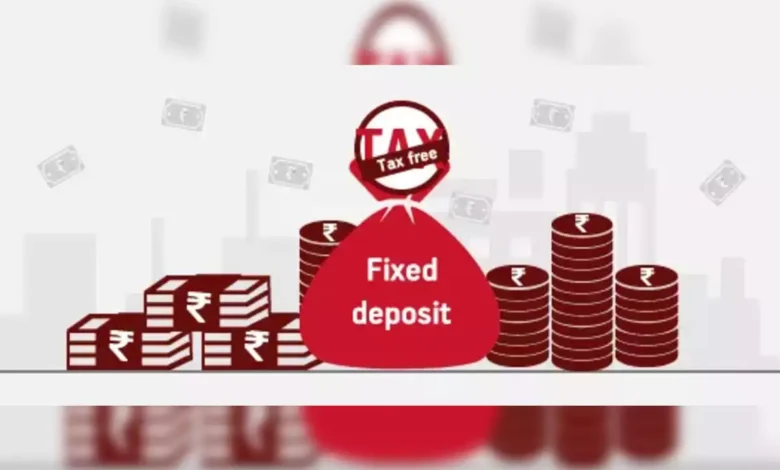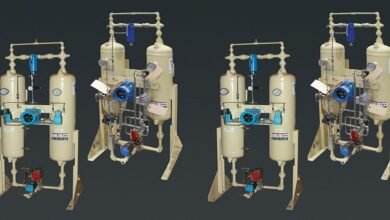
Introduction
Fixed Deposits, or FDs as they’re often called, are a key part of safe financial planning. When it comes to managing our personal finances, it’s really important to know what FDs are and why they are beneficial. This blog aims to explain FDs in a simple way, highlighting why they’re an important part of investing. FDs offer a safe way to earn money from your savings, making them a great option for people who want a secure way to increase their wealth. Let’s start by explaining what is a fixed deposit and why so many people choose to invest in them.
What is a Fixed Deposit?
An FD is an investment option offered by banks and Non-Banking Financial Companies (NBFCs). It’s one of the most popular investment options due to its low risk and assured returns.
Detailed Explanation of Fixed Deposits
In an FD, you invest a lump sum amount for a set period at a fixed interest rate. This money earns interest over this period. The interest rate is fixed at the time of investing and remains unchanged throughout the tenure of the deposit. This makes FDs a safe and reliable investment option, as the returns are not dependent on market volatility.
Full Form of FD
The full form of FD is ‘Fixed Deposit’. It’s called ‘fixed’ because the deposit is for a fixed, pre-determined period. The ‘deposit’ refers to the lump sum amount that you deposit at the time of account opening.
How FD Works
When you open an FD account, you deposit money for a fixed period. This money earns interest over this period. The interest rate is fixed and won’t change regardless of market fluctuations. At the end of the tenure, you receive the initial amount you deposited plus the interest earned. You can choose to either reinvest this amount or withdraw it. If you withdraw the money before the end of the tenure, you may have to pay a penalty.
FDs are a preferred choice for many investors due to the stability they offer. Despite the changing economic conditions, FDs in India continue to attract investors for their assured returns and the safety of the principal amount.
Benefits of Fixed Deposits
FDs are a popular investment choice in India due to their numerous benefits. Here are some of the advantages of investing in them:
1. Safe Investment Option with Assured Returns
FDs are one of the safest investment options available. They are not market-driven, meaning the returns are assured and unaffected by market volatility. This makes FDs an ideal choice for those who prefer low-risk investments.
2. Encourages Habit of Saving
FDs encourage the habit of saving. Since there is no significant risk involved, people are less hesitant to invest in FDs. Also, FDs are a liquid option, meaning they can be easily converted into cash in emergencies. However, you may have to pay a penalty to withdraw before the stipulated time.
3. Backed with Deposit Insurance
In India, bank FDs are backed with insurance of Rs 5 lakh provided by the Deposit Insurance and Credit Guarantee Corporation (DICGC), a subsidiary of the Reserve Bank of India (RBI). This means that even if the bank defaults, the DICGC will compensate the account holder up to Rs 5 lakh.
4. Higher Interest Rates
FDs offer higher interest rates compared to regular savings accounts. The interest rate is fixed at the time of opening the account and remains the same throughout the tenure of the deposit.
5. Tax Benefits
Tax-saving FDs are eligible under section 80C of the Income Tax Act. These FDs have a lock-in period of 5 years and offer an option for income deduction of Rs 1.5 lakh.
6. Loan Against FD
One can avail of a loan against their FDs. The loan amount is based on the deposit value and tenure of the FD.
In summary, FDs offer many benefits, making them a preferred choice for many investors in the Indian market.
Different Kinds of Fixed Deposits
In India, FDs are usually of two types: Cumulative FDs and non-cumulative FDs. Let’s understand each type in simple terms:
Cumulative FDs
Cumulative FDs are where the interest earned is not given out regularly. Instead, it is added to the original amount and given all together when the FD matures, which means the money you put in earns interest, and this interest also earns more interest over time. This type of FD is suitable for those who don’t need regular interest payments and want to get a considerable amount at the end.
Non-cumulative FDs
Non-cumulative FDs are different. They give the option of getting interest payments regularly. These payments can be received every month, every three months, every six months, or every year, as per the depositor’s choice. The original amount is given back when the FD matures. This type of FD is great for those who need regular income from their investment.
Conclusion
Simply put, FDs are a robust and reliable option for investment. The term ‘Fixed Deposit’ shows how solid and dependable this type of investment is. The main attraction of FDs is their steady returns, safety, and adaptability, making them suitable for both short-term and long-term financial goals.
As we explore more investments, FDs play an important role, offering a safe way to increase your money. Whether looking for a low-risk strategy or a key part of a varied investment plan, FDs show the lasting value of a trusted and beneficial way to invest your money.



